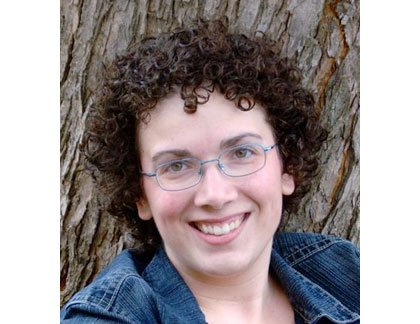Rachel Coleman is a remarkable young woman. Upon completion of high school she was accepted to Ball State University with a full tuition scholarship, graduated with highest honors in three years, and then earned a master’s degree. Currently, she is Ph.D. candidate at Indiana University, where she is completing her doctorate.
There is another thing that makes Rachel’s academic journey noteworthy: she was homeschooled from kindergarten straight through high school. “In the eight years since I graduated from high school” says Rachel, “I’ve had time to think about the home-school education I received and what parts of it were most successful.”
While it is not hard to find parents willing to speak on their home-schooling know-how and experiences, a thoughtful recollection by a former homeschooled student is rare. Based on her experience, the soon to be Dr. Rachel Coleman shares in her own words six ways her parents made home-schooling a successful, enriching experience:
- They valued learning— Fostering an internal love of learning is probably the most important thing home-school parents can do. We children knew from a very young age that my parents placed a great deal of importance on learning. My parents took us to museum after museum and historical site after historical site. We were interested because they were interested, and that interest rubbed off.
- They made education hands-on— Up through middle school, my mother taught history to all of us children together. She would read historical fiction aloud, but that was only to start. She also checked out books full of historical crafts and activities from the library. We made a sarcophagus, assembled a Viking ship, and played at Greek gods and goddesses. History was full of adventure and discovery.
As I grew older and the subjects became more advanced, my learning became more textbook-based and less hands-on. Yet those early years fostered a love of learning and kept my active childhood self-interested and engaged.
- They read to us— My parents read to us children constantly. Even before we were school-aged, Mom read us book after book after book. When we begged for her to read another book, or for her to read the same book again, she rarely turned us down. Once we were older she read chapter books aloud to us, choosing works of historical fiction and integrating her reading schedule with our history curriculum. My father read aloud to us too, and I have many fond memories of family reading time after supper on winter evenings. My parents created a culture where reading was not a burden or a chore but rather a favored pastime.
- They taught us how to write— Over the years I have become more and more appreciative of my parents’ dedication in teaching us how to write. For a few years, my mother used materials from the Institute for Excellence in Writing. At the time, I found the program nitpicky. Today, I can see how much it benefited me. My mother believed that the key to improvement was practice, and practice we did! During our middle school and high school years my mother had us write timed essays. She would sit us down with paper and pencil, give us a prompt, and tell us we had forty-five minutes to write.
- They involved us in extracurricular clubs— Extracurricular clubs provide opportunities for gaining confidence, creating new social networks, and broadening both interests and skills. Throughout high school, I participated in debate through the National Christian Forensics and Communications Association (NCFCA). I learned about logical fallacies and gained experience with research. Participating in debate also gave me confidence in myself and provided me with a social outlet. Whether it is NCFCA debate, 4H or a robotics club, club activities like these have a lot to offer.
- They were organized— My mother kept careful records of our educational progress. At the beginning of each year she created an educational plan for each of us, complete with what we were going to study for each subject area, and at the end of each year she edited that as needed and collected samples of our work to create a portfolio for each of us. This was not required by state law but my mother wanted to have a record of our education. This was especially helpful to her when creating my high school transcript.
Jayne Matthews Hopson writes about educational matters because “only the educated are free.”
